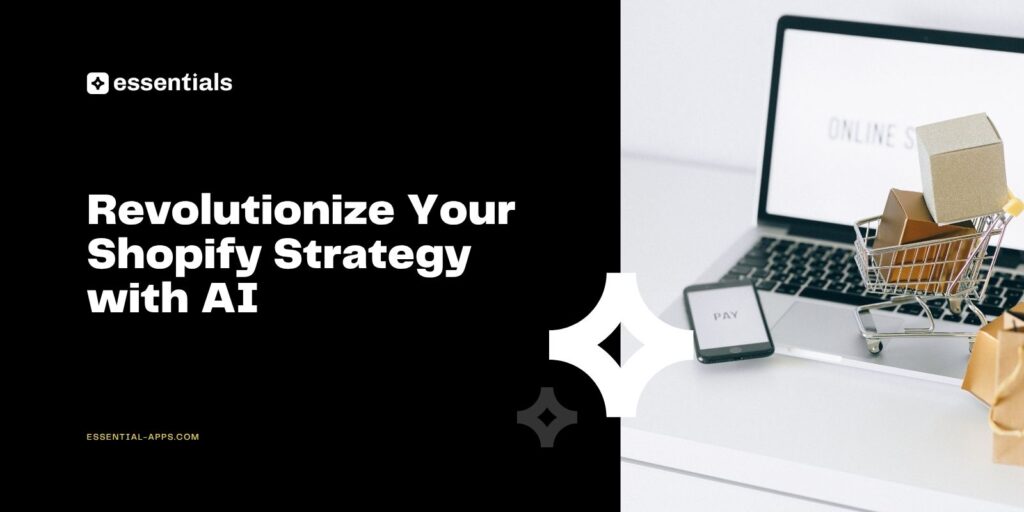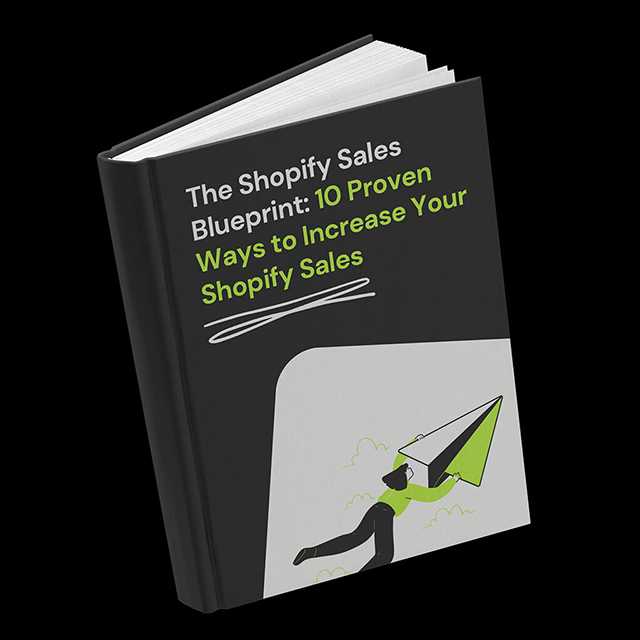In recent years, Shopify has evolved from a simple e-commerce platform into a dynamic hub that powers millions of online businesses globally. As consumer expectations grow and competition intensifies, 2025 stands out as a pivotal moment to harness the full potential of artificial intelligence (AI).
Platforms like Essential Apps have been at the forefront of helping Shopify merchants integrate smarter tools and automations that drive growth. In this guide, you’ll discover actionable ways AI can transform your Shopify store – from marketing and merchandising to customer support and fulfilment – so you can stay ahead of the curve.
The New Era of AI in E-commerce
Over the past few years, AI has evolved from simple automation into a sophisticsaleated ecosystem of predictive analytics, generative tools, and intelligent automation. In 2025, Shopify merchants can deploy AI for hyper-personalization, smarter logistics, and next-level customer engagement.
For instance, Azumo, a software development company, helps businesses integrate custom AI solutions that streamline workflows and improve user experiences. Similarly, platforms like Essential Apps provide Shopify merchants with accessible AI-powered tools designed to boost conversions, automate routine tasks, and scale operations without complexity.
This wave of AI-driven innovation is empowering merchants to anticipate customer needs and optimize every stage of the shopping journey. According to recent research, e-commerce brands using AI personalization can s by up to 30%. If you want to stay ahead, it’s no longer optional to integrate these capabilities into your operations.
Personalization Like Never Before
AI-powered personalization is revolutionizing how stores engage shoppers. Advanced recommendation engines, like Recom.ai and native Shopify AI tools, analyze browsing and purchase behavior to surface products each customer is most likely to buy.
Dynamic pricing algorithms automatically adjust discounts and promotions based on demand, inventory levels, and customer segments. This enables you to optimizoe margins while remaining competitive.
Beyond your storefront, AI segmentation powers hyper-personalized email and SMS campaigns that drive repeat purchases. Imagine sending tailored offers at just the right moment – without manual effort.

Automating Customer Support
Today’s shoppers expect instant answers around the clock. AI chatbots and virtual shopping assistants, built with tools like ChatGPT and specialized Shopify apps, deliver 24/7 support that feels human.
Natural language processing enables these bots to handle multilingual queries, recommend products, and guide users through checkout. This not only reduces customer service workload but also helps recover abandoned carts and improve conversions.
In fact, brands that deploy AI support report up to 30% faster response times and significantly higher customer satisfaction.
Smarter Inventory and Demand Forecasting
Accurate forecasting is critical to avoid lost sales or excess stock. AI-powered predictive analytics analyze historical sales, seasonal trends, and external factors to forecast demand more reliably than manual spreadsheets ever could.
Automated reordering systems trigger purchase orders when stock falls below thresholds, and intelligent stock alerts help you plan promotions or clearance sales proactively.
With these tools, Shopify merchants can maintain optimal inventory levels and fulfill orders faster, enhancing customer trust.
Enhancing Visual Merchandising with AI
Your store’s visual presentation is a powerful lever for driving engagement. AI image recognition can automatically tag and categorize products, saving time and improving search accuracy.
Platforms are increasingly offering automated A/B testing tools that experiment with different product images, layouts, and banners to identify the highest-converting combinations.
And with dynamic storefront personalization, each visitor can see curated collections, hero images, and offers designed for their preferences, creating a more engaging experience.

AI in Marketing and Advertising
Marketing is where AI’s impact often feels most immediate. Smart ad platforms now use AI to target high-intent audiences and optimize budgets in real time, reducing wasted spend.
Generative AI accelerates content creation, producing product descriptions, ad copy, and social media posts at scale while maintaining your brand voice.
Real-time sentiment analysis allows you to track how customers feel about your products and campaigns, empowering faster, data-driven decisions.
Conversational Commerce and Voice Shopping
Voice assistants and conversational shopping experiences are rapidly gaining traction. With AI-powered tools, Shopify stores can integrate voice search and hands-free checkout.
Chat-to-buy capabilities, such as messaging integrations with Facebook Messenger, WhatsApp, and Instagram, let customers browse and purchase directly within conversations.
These innovations create seamless, low-friction shopping journeys that align with how modern consumers prefer to engage.
Privacy, Ethics, and Data Security
AI’s benefits come with responsibilities. As you adopt AI-powered personalization and automation, it’s critical to protect customer data and maintain transparency.
Always communicate clearly how you collect and use data, and offer customers control over their preferences. Partner with reputable AI vendors who comply with data protection regulations and prioritize secure integrations.
Responsible AI not only builds trust but also safeguards your business from compliance risks.

How to Get Started
Integrating AI doesn’t have to be overwhelming. Here’s how to begin:
- Assess your needs and goals – Determine which areas of your Shopify store (marketing, inventory, support) will benefit most.
- Research AI tools – Evaluate apps and platforms that integrate seamlessly with Shopify and fit your budget and scale.
- Plan your rollout – Start with a pilot project to test effectiveness before expanding adoption.
- Train your team – Ensure your staff understands how to use AI features and monitor performance.
- Measure and iterate – Track KPIs to refine your strategy continuously.
Supporting Tools to Boost Workflow Efficiency
Beyond AI-driven innovations, many non-AI tools play a crucial role in streamlining Shopify store operations. For example, a professional appointment booking app can help businesses manage customer consultations and service scheduling seamlessly. Inventory management tools automate stock tracking and reorder alerts, while order fulfillment software improves shipping accuracy and speed. Workflow automation platforms connect Shopify apps and services to reduce manual data entry, and reporting tools consolidate sales and customer data to support smarter decision-making. These solutions may not involve AI, but they are essential for maintaining smooth, efficient day-to-day operations.
Conclusion
In 2025, AI isn’t just a competitive advantage – it’s the backbone of thriving e-commerce businesses. From personalization to automation, these technologies can elevate every aspect of your Shopify strategy.
The earlier you act, the faster you’ll see the rewards. Explore new Shopify AI tools, experiment with pilot programs, and empower your team to harness AI’s full potential. The future of commerce is here – make sure you’re ready to lead.



